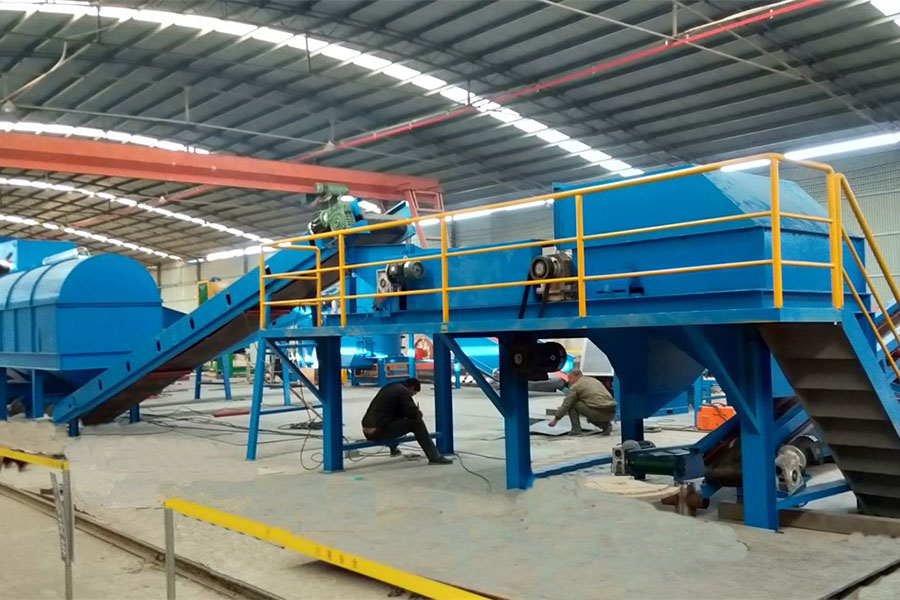

Nov . 08, 2024 05:21 Back to list
The Importance of Iron Recycling Plants in Modern Industry
In today's rapidly industrializing world, sustainable practices are becoming increasingly important. One critical area where sustainability can make a significant impact is in the recycling of metals, particularly iron. Iron recycling plants play a crucial role in this process, transforming scrap iron and steel into reusable materials while reducing environmental impact and conserving natural resources.
Iron is one of the most commonly used metals worldwide, primarily due to its strength, durability, and affordability. However, the extraction of iron from ore is an energy-intensive process that contributes significantly to greenhouse gas emissions and environmental degradation. With the increasing demand for steel and other iron products, it has become essential to focus on recycling as a viable alternative to mining.
Iron recycling plants are designed to collect, process, and repurpose scrap iron from various sources, including old vehicles, construction debris, and industrial waste. The recycling process typically involves several steps collection, sorting, shredding, and melting. Once the scrap iron is gathered, it is sorted to separate ferrous materials from non-ferrous ones. This ensures that only the purest form of iron is recycled, maximizing the quality of the end product.
After sorting, the scrap is shredded into smaller pieces, making it easier to handle and process. The next phase involves melting the shredded iron in a furnace at high temperatures. During this stage, any impurities are removed, resulting in molten iron that can be cast into new products or used in the manufacturing of steel. This process not only yields high-quality materials but also requires significantly less energy compared to producing iron from virgin ore.

One of the most significant benefits of iron recycling is its environmental impact. Recycling reduces carbon emissions, conserves natural resources, and minimizes the volume of waste sent to landfills. According to estimates, recycling one ton of iron can save approximately 1.5 tons of iron ore, 0.5 tons of coal, and 0.25 tons of limestone. Additionally, for every ton of recycled steel, around 1.3 tons of carbon dioxide emissions are prevented. This statistic underscores the potential for iron recycling plants to contribute to climate change mitigation efforts.
Moreover, iron recycling also strengthens local economies. Recycling plants create jobs, not only in plant operations but also in the collection and processing of scrap materials. As the demand for recycled materials grows, so does the need for a skilled workforce to support this industry. The circular economy model, which emphasizes recycling and sustainability, can spur innovation and lead to the development of new technologies, making recycling more efficient and economically viable.
Challenges do exist in the iron recycling sector, including fluctuating market prices for scrap metal and the need for high-quality input material. However, through technological advancements and increasing awareness of environmental issues, many recycling plants are finding ways to overcome these hurdles. Investing in modern machinery and techniques allows for better sorting and processing capabilities, ensuring that the recycled products meet industry standards.
In conclusion, iron recycling plants are essential to promoting sustainable industrial practices. By reducing the reliance on virgin resources, minimizing waste, and lowering carbon emissions, these facilities play a vital role in creating a more sustainable future. As society continues to prioritize environmental responsibility, the importance of iron recycling will only grow, making it a key player in our efforts to achieve a circular economy and combat climate change. Through continued investment and innovation, iron recycling plants can help pave the way towards a more sustainable and efficient industrial landscape.
Latest news
Troubleshooting Common Eddy Separator Problems
NewsJul.04,2025
The Role of Metal Recycling Plants in Circular Economy
NewsJul.04,2025
The Impact of Recycling Line Pickers on Waste Management Costs
NewsJul.04,2025
Safety Features Every Metal Shredder Should Have
NewsJul.04,2025
How Industrial Shredders Improve Waste Management Systems
NewsJul.04,2025
How Cable Granulators Contribute to Sustainable Recycling
NewsJul.04,2025